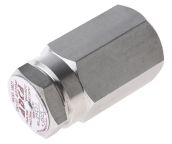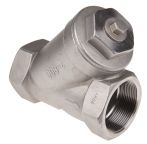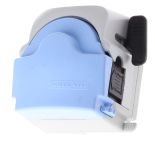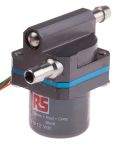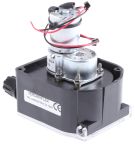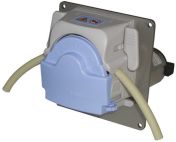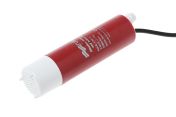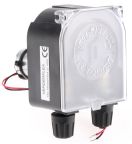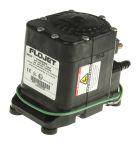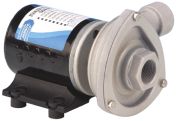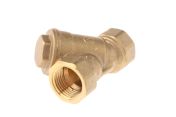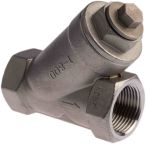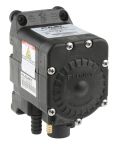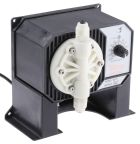Central heating pumps are small mechanical tools used to keep the hot water in a central heating system flowing efficiently. Process pumps keep process fluids circulating and flowing freely. We can supply a range of versatile pumps for your central heating and pump needs depending on the application and the industry. These include circulator, positive displacement, centrifugal and submersible pumps from brands such as RS Pro, ITT, Xylem Lowara, W Robinson and Sons and Watson Marlow.
How to choose a central heating pump
In order to select a new pump for your central heating, consideration should be given to the head size, the working pressure, the connection, the voltage and the temperature. The housing material can be supplied in either brass or coated iron with a choice of thread size and thread standard, and pumps are supplied with either an electric or a solar power supply.
Benefits of our Central Heating Pumps
- DC Pumps - can be used without a direct connection to AC power. These magnetically coupled impeller pumps are highly efficient and have low power consumption. They are suitable for use in a variety of circulating systems and can be used in industrial or medical applications, computer and laser cooling, domestic hot water systems and automotive heaters
- High efficiency pumps offering energy saving, long life, maintenance free and quiet operation
- Long life silent DC spherical motor pumps; efficient with a cast iron housing, coated for corrosion resistance offering durability and affordability
- Easy and quick installation
How to choose a Process Pump
We offer a range of process pumps and relevant accessories from brands such as RS Pro, Verderflex, W Robinson and Sons, Xylem and Karcher. Nearly all pumps are either centrifugal or positive displacement water pumps, with centrifugal being the most common, however positive displacement pumps do come in a wider variety including peristatic and gear.
There are five main differences between Centrifugal and Positive Displacement pumps:
- Working - An impeller rotates in the centrifugal pump to push the fluid out, while positive displacement pumps pull fluid in and discharge using a rotary, reciprocating or diaphragm to move the fluid
- Flow Rate – Centrifugal flow rate is variable, positive displacement flow rate is fixed
- Viscosity – Lower viscosity fluids do well in a centrifugal pump, while high viscosity fluids run more efficiently in positive displacement pumps
- Applications – Centrifugal pumps are best for simple applications, while positive displacement pumps do well in more complex applications
- Pressure – Centrifugal pumps are best for low pressure, positive displacement pumps are more efficient with higher pressure
Products within the Water Heating & Pumps range actively support healthy buildings as per the guidance of the 9 elements of a healthy building from IOSH. Specific healthy building elements covered by this range is Water Quality










